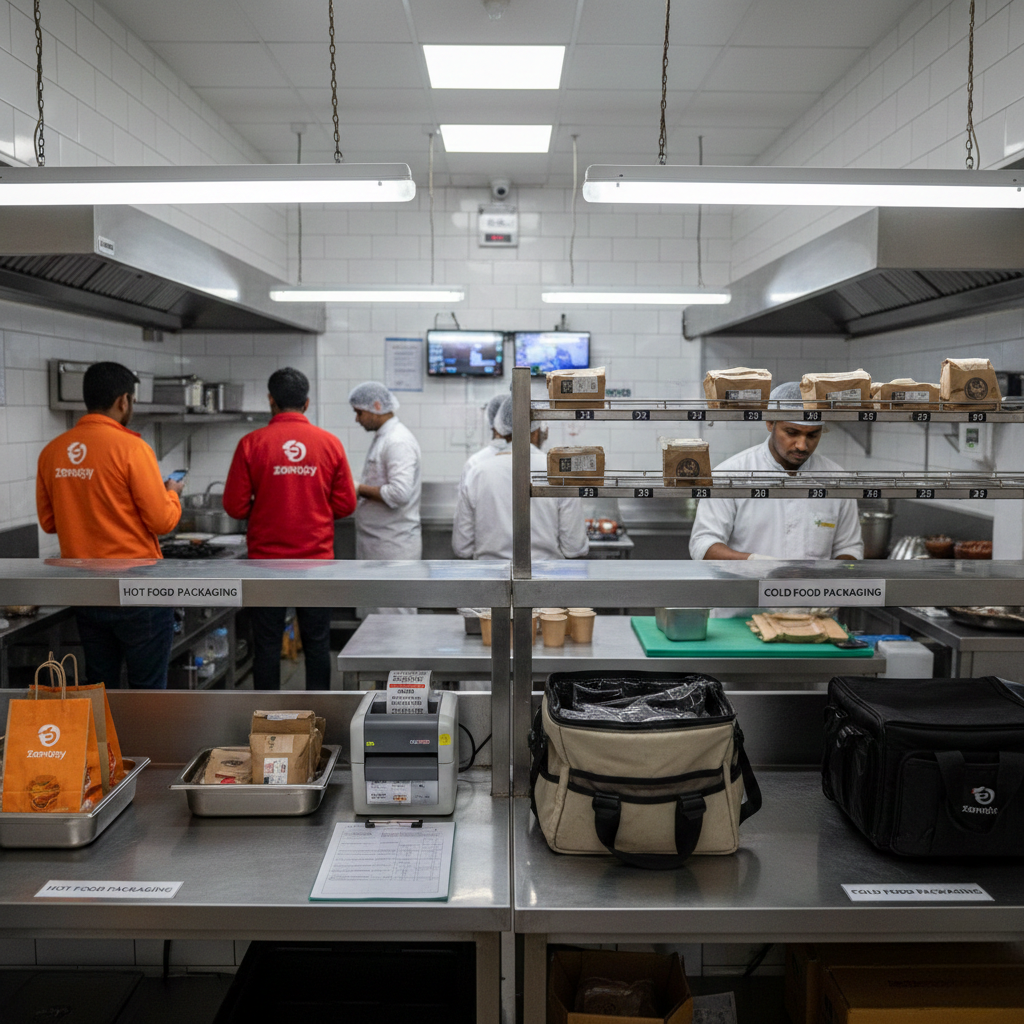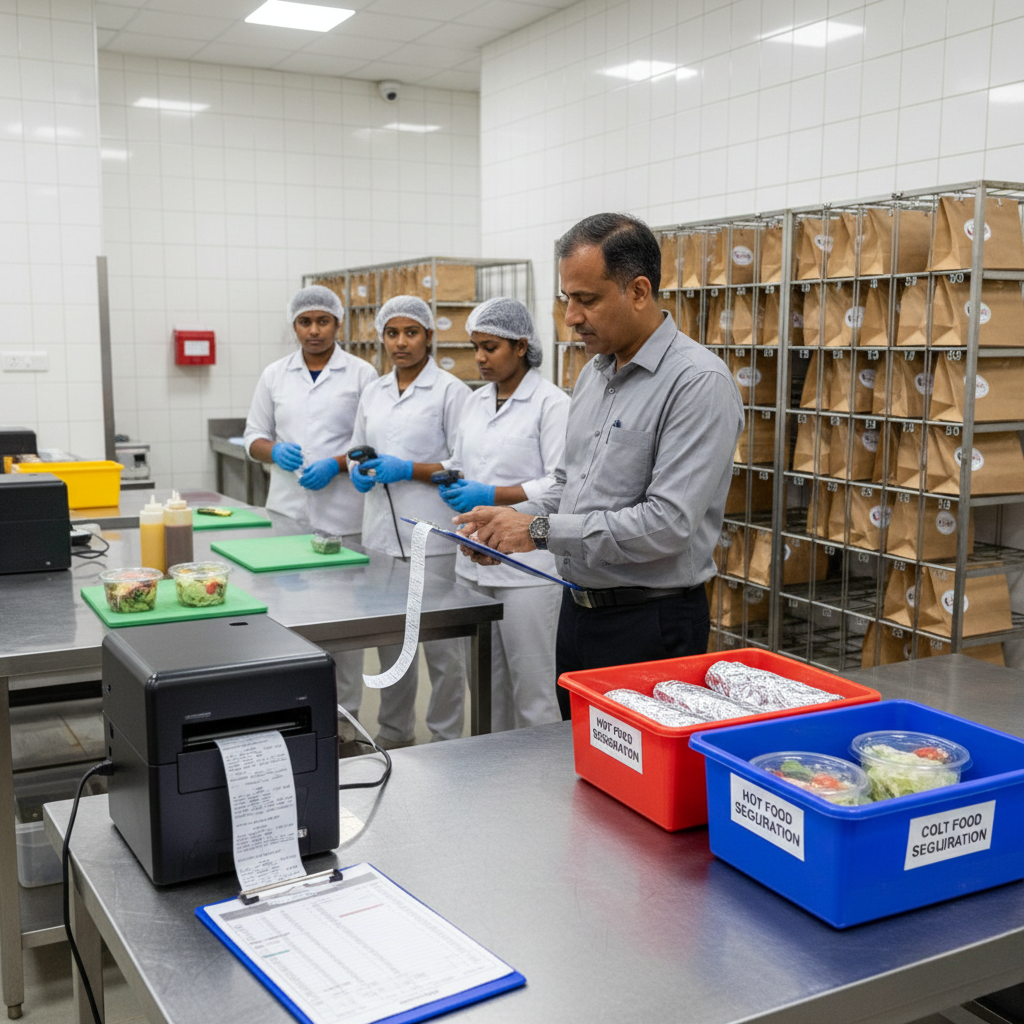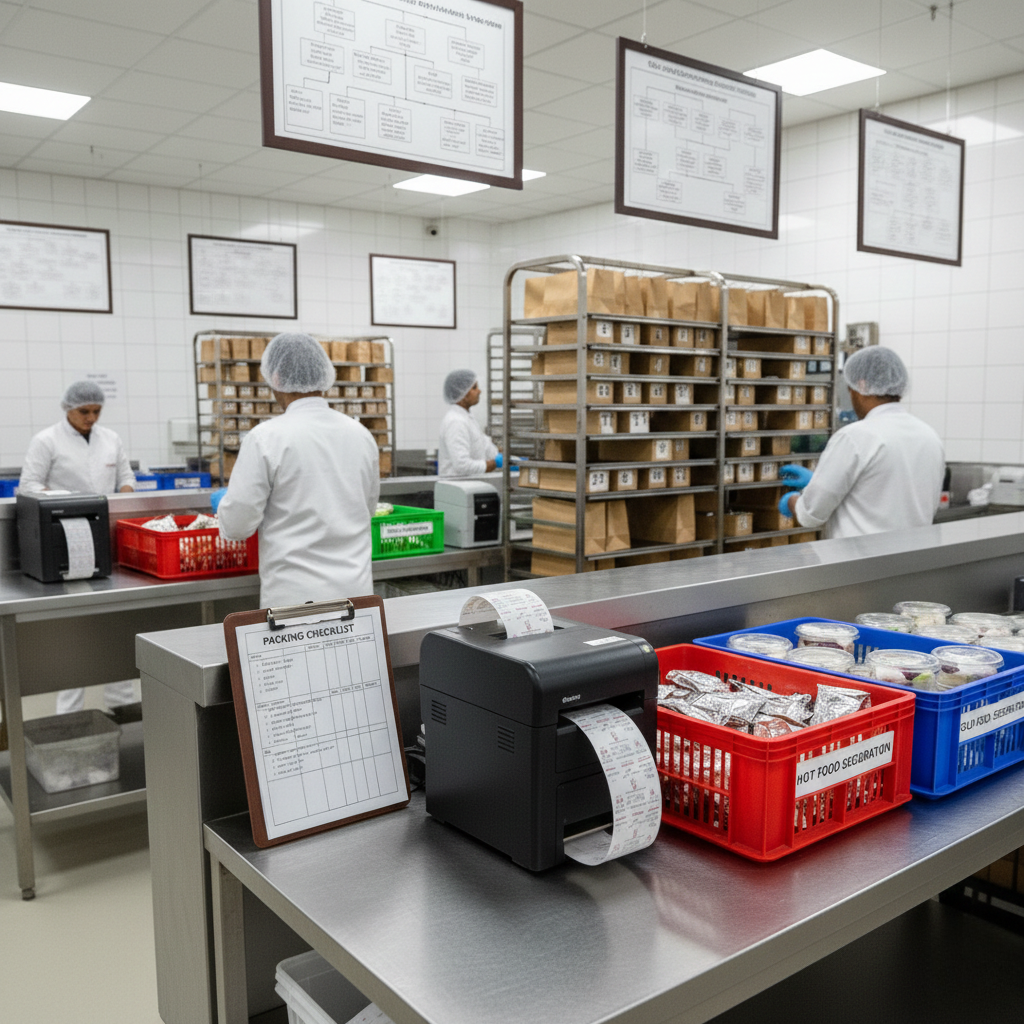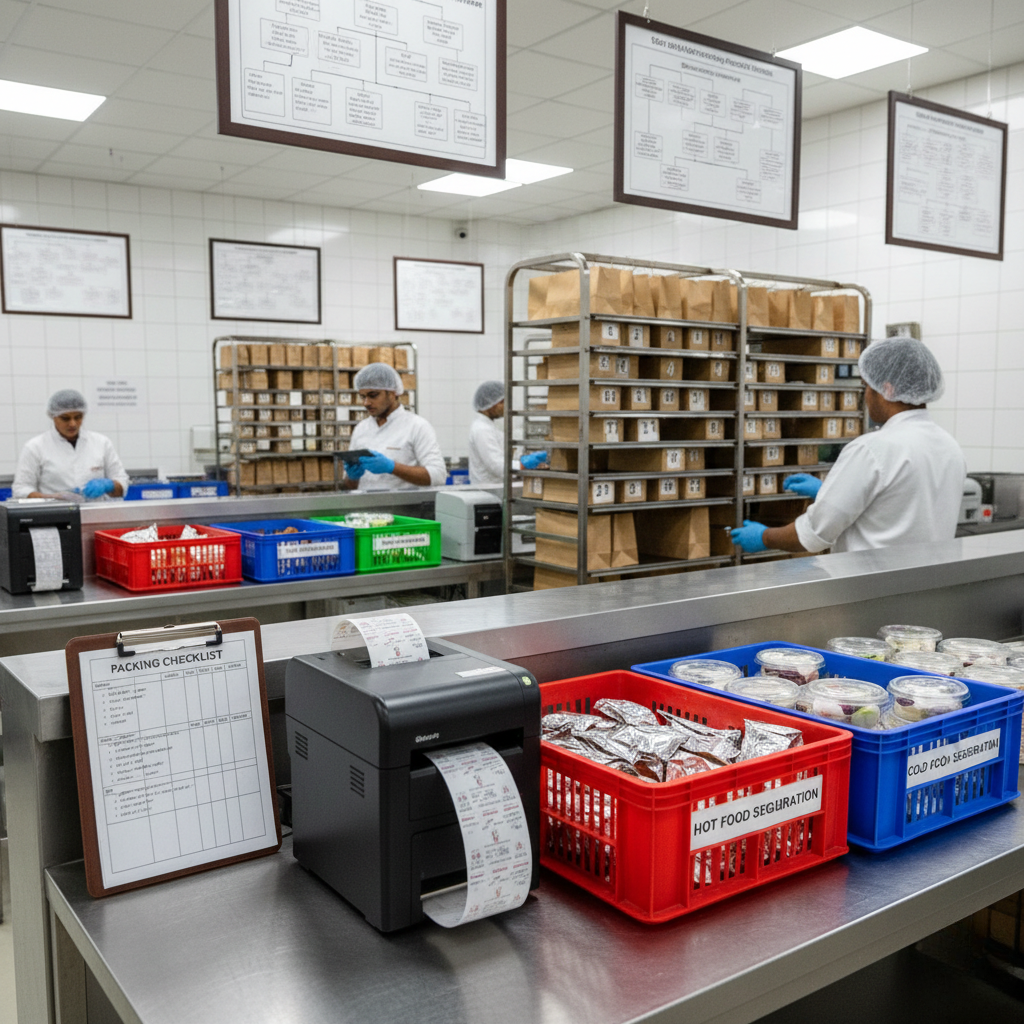In today’s digital age, having a strong online presence is crucial for the success of any restaurant. With the rise of social media and the increasing reliance on the internet for discovering new dining options, restaurant digital marketing has become more important than ever. This comprehensive guide will walk you through the key strategies and tools you need to master restaurant digital marketing and achieve online success.

Understanding Restaurant Digital Marketing
Restaurant digital marketing encompasses all the online strategies used to attract, engage, and retain customers. It includes everything from social media marketing and email campaigns to SEO and online advertising. The goal is to create a cohesive online presence that not only draws in new customers but also keeps them coming back.
Why Digital Marketing Matters for Restaurants
- Increased Visibility: A strong online presence ensures that your restaurant is easily discoverable by potential customers searching for dining options in your area.
- Customer Engagement: Digital marketing allows you to interact with your customers, building relationships and loyalty through personalized communication.
- Competitive Edge: In a crowded market, effective digital marketing can set your restaurant apart from competitors.
- Cost-Effective: Compared to traditional advertising, digital marketing often provides a higher return on investment, allowing you to reach a larger audience for less money.
Key Strategies for Restaurant Digital Marketing
1. Optimize Your Website
Your website is the cornerstone of your online presence. It should be user-friendly, mobile-responsive, and optimized for search engines. Ensure that your website includes the following:
- Clear Navigation: Make it easy for visitors to find information about your menu, location, hours, and contact details.
- Online Reservations: Allow customers to book tables online for convenience.
- High-Quality Images: Showcase your dishes with professional photos that highlight their appeal.
- SEO Optimization: Use relevant keywords, such as Restaurant Digital Marketing, in your content to improve your search engine ranking.
2. Leverage Social Media
Social media platforms like Facebook, Instagram, and Twitter are powerful tools for restaurant digital marketing. Here’s how to make the most of them:
- Engaging Content: Share mouth-watering photos of your dishes, behind-the-scenes glimpses, and updates about special events or promotions.
- Consistent Posting: Maintain a regular posting schedule to keep your audience engaged and informed.
- Interact with Followers: Respond to comments and messages promptly to build a rapport with your audience.
- Influencer Collaborations: Partner with food bloggers and local influencers to reach a wider audience.
3. Utilize Email Marketing
Email marketing is a direct way to communicate with your customers. It allows you to send personalized messages and keep your audience informed about your latest offerings. Here are some tips for effective email marketing:
- Build a Subscriber List: Encourage website visitors and social media followers to subscribe to your newsletter.
- Personalize Your Emails: Use customer data to send targeted emails based on their preferences and behavior.
- Promote Special Offers: Send exclusive discounts, event invitations, and seasonal promotions to your subscribers.
- Track Performance: Monitor open rates, click-through rates, and conversions to refine your email marketing strategy.
4. Invest in Online Advertising
Online advertising can help you reach a larger audience and drive traffic to your website. Consider the following options:
- Google Ads: Use Google Ads to target specific keywords and appear at the top of search engine results pages.
- Social Media Ads: Run targeted ads on platforms like Facebook and Instagram to reach potential customers based on their interests and demographics.
- Retargeting: Use retargeting ads to reach visitors who have previously visited your website but didn’t make a reservation or purchase.
5. Implement Search Engine Optimization (SEO)
SEO is essential for improving your website’s visibility on search engines. Here are some SEO best practices for restaurant digital marketing:
- Keyword Research: Identify relevant keywords, such as Restaurant Digital Marketing, and incorporate them into your website content, meta descriptions, and headers.
- Local SEO: Optimize your website for local searches by including your location in your keywords and claiming your Google My Business listing.
- High-Quality Content: Create valuable, informative content that addresses the needs and interests of your audience. This can include blog posts, videos, and FAQs.
- Backlinks: Build backlinks from reputable websites to improve your site’s authority and ranking.
Read Also :- Top Food Business Marketing Ideas to Drive Growth
ROI Measurement in Digital Marketing for Restaurants, Cafés, or Cloud Kitchens
6. Encourage Online Reviews
Positive online reviews can significantly impact your restaurant’s reputation and attract new customers. Encourage satisfied customers to leave reviews on platforms like Google, Facebook. Respond to all reviews, both positive and negative, to show that you value customer feedback and are committed to providing excellent service.
7. Use Data Analytics
Data analytics can provide valuable insights into your digital marketing efforts. Use tools like Google Analytics to track website traffic, user behavior, and conversion rates. This data can help you identify what’s working and what needs improvement, allowing you to make data-driven decisions.
8. Stay Updated with Trends
The digital marketing landscape is constantly evolving, so it’s essential to stay updated with the latest trends and technologies. Follow industry blogs, attend webinars, and join online communities to stay informed about new strategies and best practices.
Conclusion
Restaurant digital marketing is a powerful tool for attracting and retaining customers in today’s competitive market. By optimizing your website, leveraging social media, utilizing email marketing, investing in online advertising, implementing SEO, encouraging online reviews, using data analytics, and staying updated with trends, you can create a comprehensive digital marketing strategy that drives online success for your restaurant.
Remember, the key to effective restaurant digital marketing is consistency and adaptability. Continuously monitor your performance, listen to your customers, and be willing to adjust your strategy as needed. With the right approach, you can build a strong online presence that enhances your restaurant’s reputation and boosts your bottom line.





